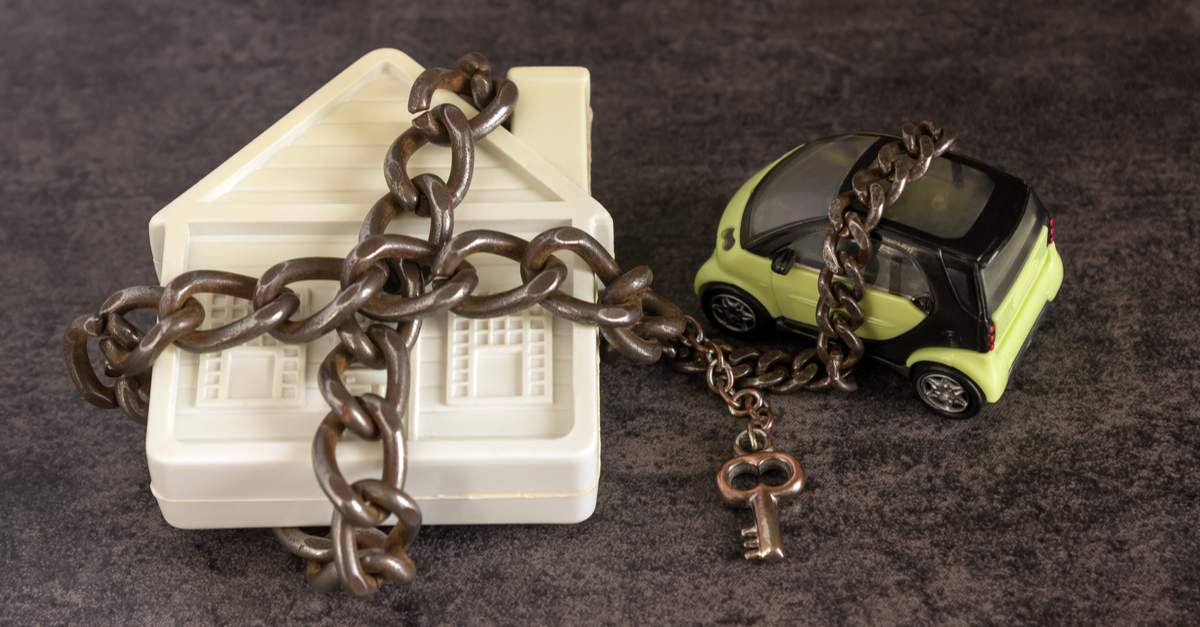

In accordance with Art. 41 of the Constitution of Ukraine — no one shall be unlawfully deprived of the right of property. However, there are cases determined by law when the state can take private property quite legally.
These include the confiscation of property, the recognition of assets as unfounded and their recovery into the state’s income, special confiscation and recovery of assets in the state’s income (as a sanction). Let’s find out the difference between these categories.
Confiscation of property is a punishment
The court may decide on the confiscation of property when it finds a person guilty of committing a certain crime. At the same time, all or part of the property that is their property is forcibly and free of charge seized from the convicted person. It is important that confiscation is applied specifically to legally acquired property, its main goal is to punish and correct the convict.
Special confiscation is not a punishment
Special confiscation is applied to things that were used to commit a crime or were acquired as a result of a crime. Its main goal is to ensure that financial benefits cannot be obtained as a result of the crime. In this case, the property can be taken away both from the convicted person and from other persons. The main thing is that these other persons know that the property is associated with the commission of a crime.
For example, an official received an illegal benefit of USD 100,000. This money will be seized from him under the mechanism of special confiscation.
Recovery of assets into the state income is a sanction
It is applied in accordance with the Law of Ukraine “On Sanctions.” And only in cases where the High Anti-Corruption Court, at the request of the Ministry of Justice, decides that a person has committed actions that have created a significant threat to national security, sovereignty, and territorial integrity.
Then the state, as a measure of prevention and deterrence against further such behavior, has the right to forcibly and free of charge recover these assets in its favor. This is the state’s reaction to the actions taken by the aggressor state and its proxies.
Recognition of assets as unfounded and their recovery into the state’s income
As with the previous category, the High Anti-Corruption Court recognizes assets as unfounded, but at the request of the prosecutor of the Specialized Anti-Corruption Prosecutor’s Office. However, such a claim can be filed only against an official or other person performing actions on their behalf, in the cases where the acquired property does not correspond to their legal income for a certain period of time.
From this, the prosecutor, and then the court, can establish that the official somewhere received income that he/she could not receive and then recover property that was acquired for illegal income in favor of the state.
This publication was prepared with the financial support of the European Union. Its content is the sole responsibility of Transparency International Ukraine and does not necessarily reflect the views of the European Union.






